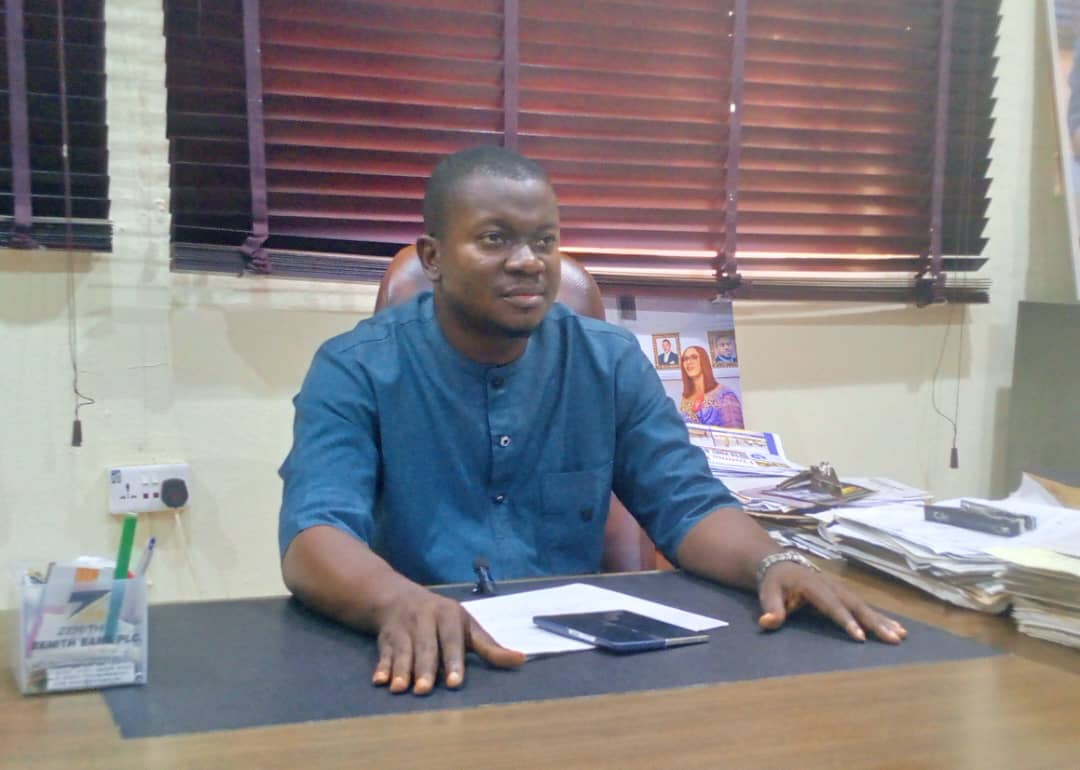Deji Adeyanju Declares PDP a “Dead Party” Following Ikenga Ugochinyere’s Expulsion
Prominent activist lawyer, Deji Adeyanju, has criticized the Peoples Democratic Party (PDP), labeling it a “dead party” over its decision to expel House of Representatives member Ikenga Imo Ugochinyere while retaining controversial figures like Nyesom Wike as members.
Ugochinyere, who represents Ideato North/Ideato South Federal Constituency of Imo State, was expelled by the PDP on grounds of gross indiscipline, insubordination, and anti-party activities. His expulsion followed a disciplinary committee report dated November 27, 2024, and was formalized in a letter from the Ideato Local Government Area (LGA) chapter of the party on December 5.
However, Adeyanju took to X (formerly Twitter) to criticize the PDP’s actions, suggesting that the party’s leadership is controlled by “APC moles” intent on destroying the opposition.
Adeyanju’s Remarks
In his post, Adeyanju wrote:
Context and Controversy
The PDP’s decision to expel Ugochinyere has raised eyebrows, particularly given the ongoing presence of Nyesom Wike, the current Minister of the Federal Capital Territory (FCT), who many within the party view as a divisive figure. Wike has been accused of aligning with the ruling All Progressives Congress (APC) during and after the 2023 general elections, a move seen by some as betrayal.
While Ugochinyere’s expulsion was tied to his alleged failure to participate in party activities and for making derogatory statements against the PDP, critics like Adeyanju view the move as hypocritical and emblematic of deeper dysfunction within the party.
Adeyanju’s remarks highlight growing discontent among political observers and stakeholders who believe the PDP is failing to address internal divisions effectively. The expulsion of prominent members like Ugochinyere could further alienate critical voices within the party at a time when a unified opposition is crucial.
For now, the PDP faces an uphill battle to restore credibility and cohesion amid accusations of compromised leadership and dwindling relevance in Nigeria’s political landscape.




